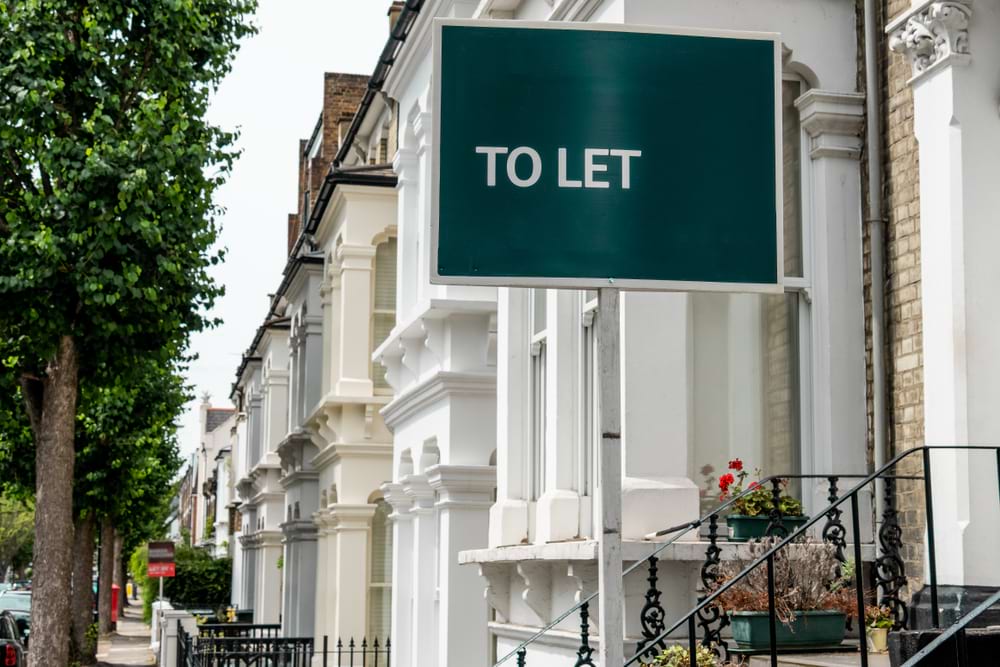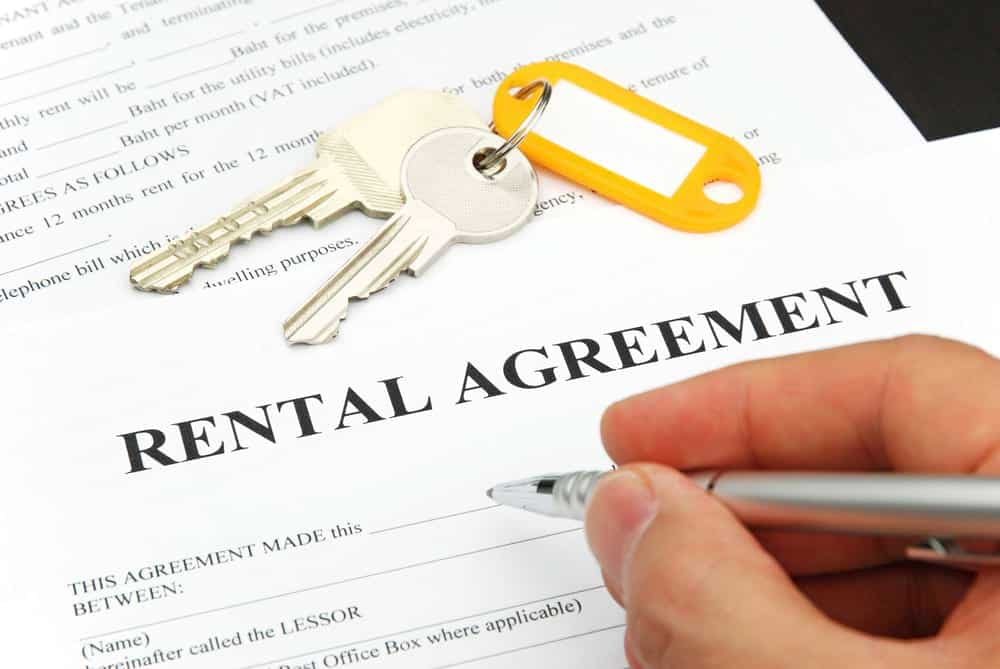Landlords have different ways to maximise money from their property.
Turning a property into an ‘HMO’ is one of these.
But what is an HMO property? Are they difficult to convert to?
Read on for an answer to these important questions, and more.
What is an HMO property?
In the UK, a house in multiple occupation (HMO) is a property with shared areas that is lived in by more than one individual or household.
The most common shared facilities in an HMO include:
- Bathrooms
- Kitchens
- Toilets.
An HMO is usually formed by a landlord in a larger house which was originally designed for just one family.
This strategy enables landlords to receive more rent for the property. More separate tenants means a higher overall rent.
What is a large HMO property?
An HMO property is considered large if there are five or more tenants living there.
A large HMO building will typically be at least three storeys high.
Landlords will usually require a license for a large HMO, but this is not always the case with regular HMOs.
The average cost of an HMO license in the UK is around £600.
However, this cost can vary from council to council, with some as cheap as £60 and others as costly as £1,000.
Advantages of an HMO property for landlord
More money
A landlord will typically setup an HMO property to make more money.
One family living in a property will not usually pay as much rent as three families combined. This means that turning a single family house into an HMO can increase cash inflow for the landlord.
High demand from tenants
Historically, there is often reasonably high demand for HMOs throughout the UK.
This is because tenants are always looking for affordable places to live.
And an HMO is usually cheaper for tenants than a regular apartment or house to themselves.
Diversified income source
For a landlord, having an HMO also prevents them from putting ‘all of their eggs in one basket’.
When a landlord has a single family in a household, they lose their income if the family moves out.
But with an HMO, one family moving out does not prevent the landlord from receiving income from the other families living in the building.
Disadvantages of a HMO property for a landlord
More admin
Having more tenants means that there are more admin tasks to cover, including:
- Tenant checks
- Inspections (which can be requested by tenants)
- Maintenance issues
- Handling and following-up on payments.
You could also potentially have to deal with issues between tenants. The higher density of residents means the chances of each’s right to quiet enjoyment is reduced.
Of course, hiring a property management company can help with many – if not all – of these tasks. This can also significantly reduce your stress as a landlord.
New mortgage needed
HMO properties need to have special mortgages.
You will need to apply for and meet the requirements of these mortgages before switching over to them.
New insurance needed
You will also need to update your landlord insurance if you switch to a HMO property. The new insurance will reflect the added risks of taking on more tenants.
Standards and obligations for an HMO Property
A landlord who owns an HMO property must meet a number of standards and obligations. If the property is being shared by four or more people, the landlord must ensure that:
- The property is not overcrowded
- Fire safety measures are in place
- Shared areas and facilities are clean and in good condition
- Electrics are checked every five years
- There are enough facilities for cooking and washing, for all residents
- There are enough rubbish bins.
Councils also have standards for the bedroom sizes in an HMO. A bedroom must be:
- 4.64 square metres for a child under 10 years old
- 6.51 square metres for a person aged 10 or over
- 10.22 square metres for 2 people aged 10 or over.
What to do about bad conditions in an HMO
The section above outlines the key criteria that a landlord must meet in an HMO.
If you live in an HMO and feel that there are hazards in the property, or that the standards are not being met, then you can contact your local council.
The council will then investigate your complaints and if they find that HMO standards are not being met, they can force your landlord to take action and correct any issues.
Can I reclaim rent on an HMO?
In some circumstances, you are able to reclaim rent if your landlord has been prosecuted by the council for running an unlicensed HMO.
You will typically need to apply to a tribunal to go through the process of reclaiming this rent.




















